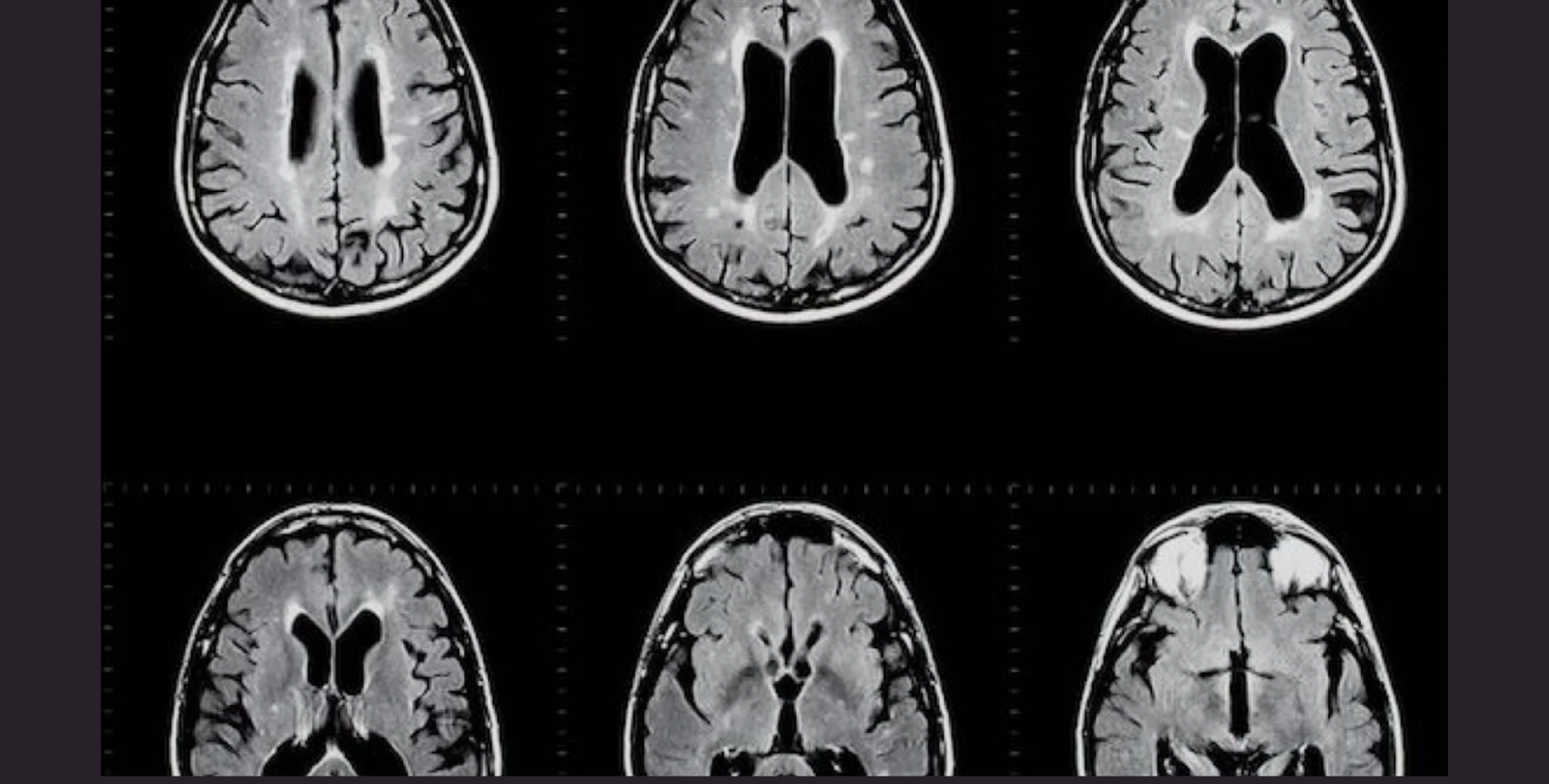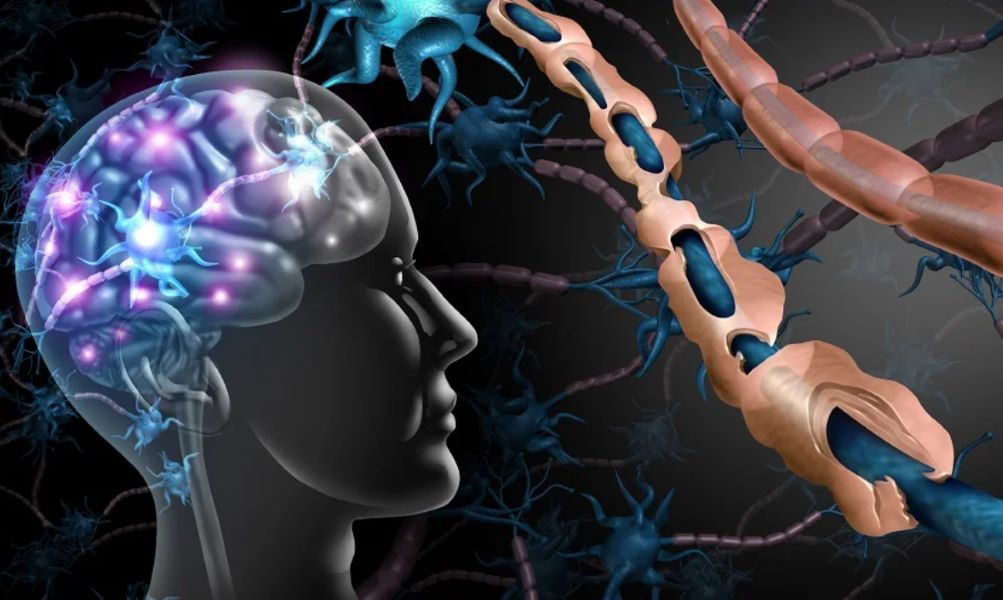Beyond EDSS: How to monitor disease progression in MS
Key takeawaysLimitations of EDSS – The EDSS alone may not capture the full scope of MS progression, especially in cases where deterioration occurs independently of relapses (PIRA).
Smoldering MS – MS can progress silently, with neurodegeneration happening beneath the surface, even when clinical symptoms seem stable. This requires a broader monitoring strategy.
Multimodal Monitoring – Effective disease monitoring should go beyond neurological exams, integrating:Clinical assessments and patient-reported outcomes (PROs)
Imaging techniques, such as MRI biomarkers and advanced neuroimaging
Biomarkers...





